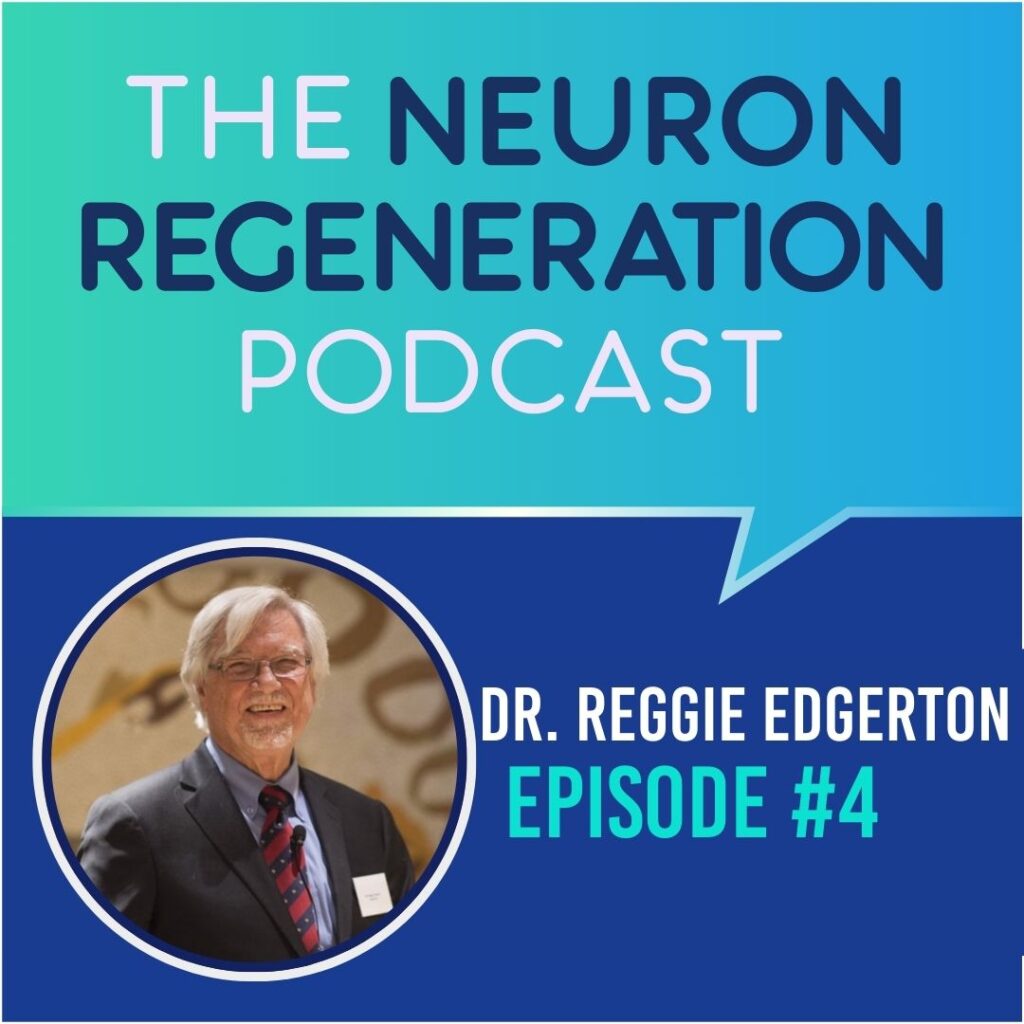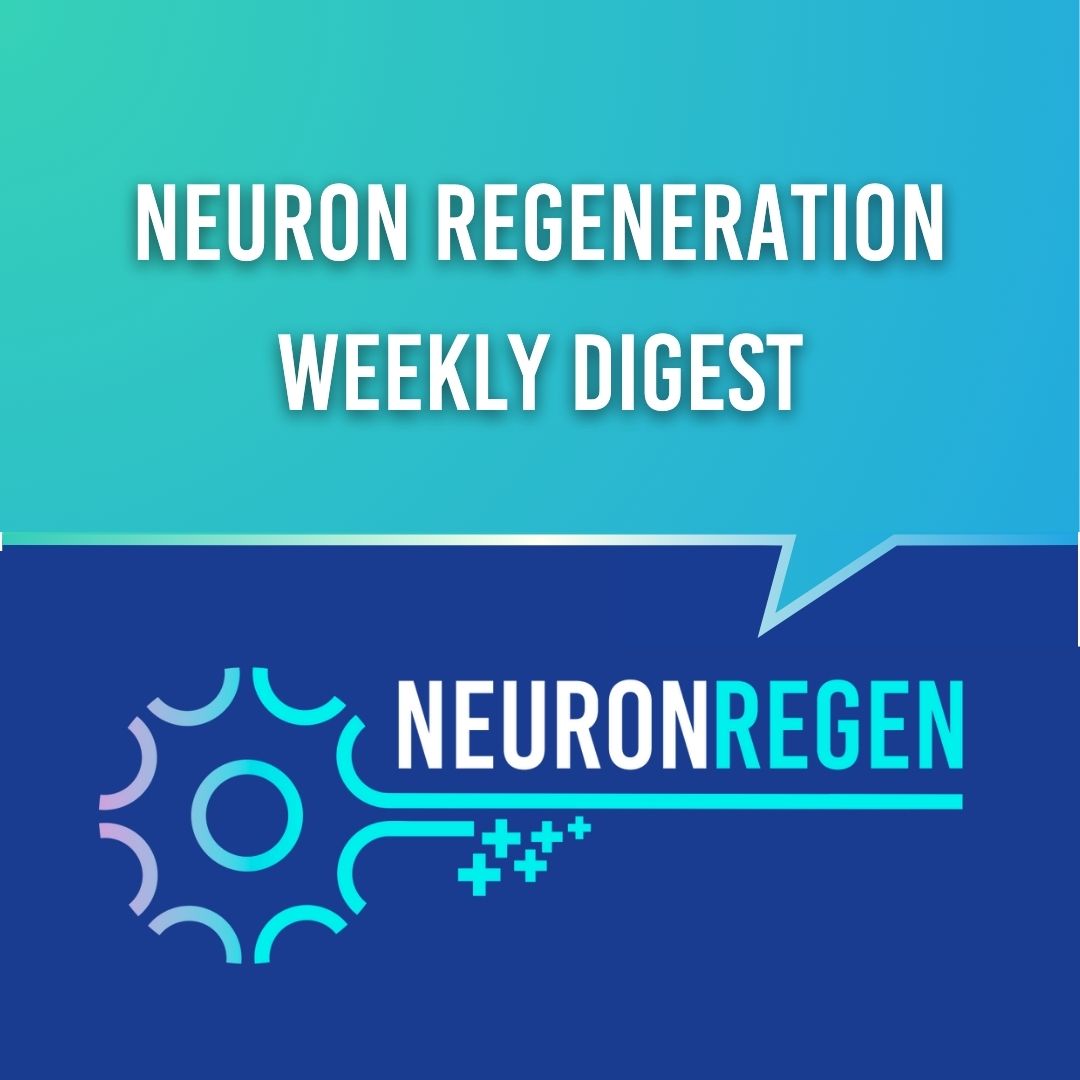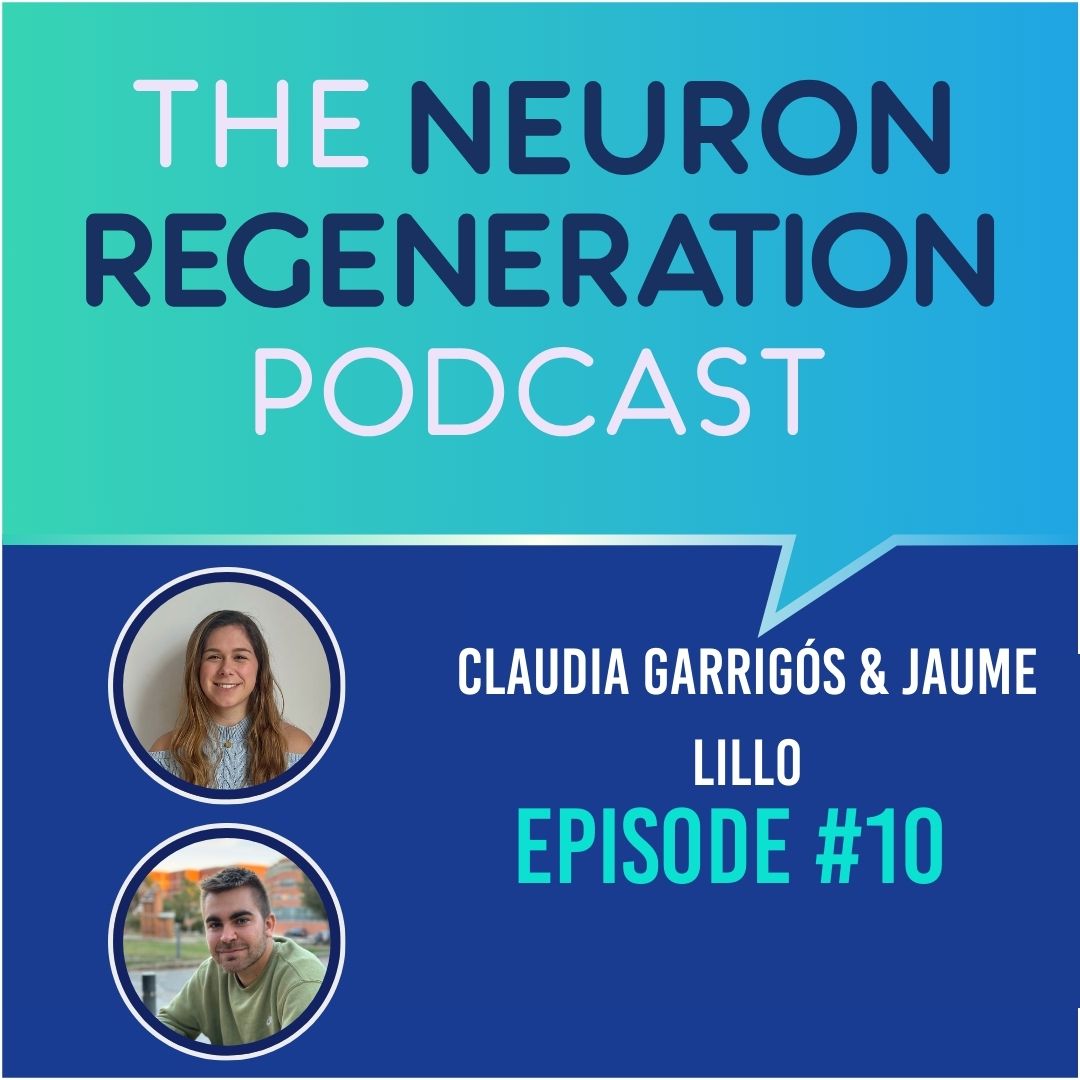Listen here:
In this insightful episode of the Neuron Regeneration Podcast, we explore the cutting-edge research of Dr. Reggie Edgerton, a pioneer in spinal cord injury rehabilitation and neuromodulation for multiple forms of neural damage. With over four decades of groundbreaking work at UCLA, Dr. Edgerton has made revolutionary strides in helping individuals with spinal cord injuries regain motor control through different forms of neuromodulation: electrical stimulation as well as pharmacological neuromodulation.
He also discusses the broader applications of neuromodulation, including treatments for cerebral palsy, Parkinson’s disease, and other neurodegenerative conditions. This conversation delves into how neuromodulation taps into the body’s innate neuroplasticity, offering new hope for those with paralysis or neurodegenerative diseases.
Dr. Edgerton’s research also addresses the potential for combining neuromodulation with other emerging therapies, such as stem cell treatments, to further accelerate functional recovery and even promote neuron healing and regeneration. With a focus on both animal studies and human trials, Dr. Edgerton shares exciting findings and the promising future of neuromodulation in enhancing motor recovery, organ function, and more.
Key Topics Discussed:

- What is Neuromodulation? Dr. Edgerton defines neuromodulation and explains how targeted electrical and chemical stimuli can alter nerve activity and physiological states in patients with neurological disorders.
- Spinal Cord Injury Recovery: A deep dive into the pioneering experiments on animals and humans, using neuromodulation to restore motor function and voluntary control in individuals with spinal cord injuries.
- Central Pattern Generators and Automaticity: Insights into how central pattern generators in the spinal cord contribute to the automatic control of movement, even in the absence of brain signals, and how neuromodulation activates these networks.
- Applications Beyond Spinal Cord Injury: Discussion on the expanding use of neuromodulation for cerebral palsy, Parkinson’s disease, and other neurodegenerative conditions, with remarkable results in restoring function.
- Transcutaneous vs. Implanted Electrical Neuromodulation: Comparison of the non-invasive transcutaneous stimulation approach versus surgically implanted devices, and why transcutaneous techniques offer a practical, accessible solution that still delivers great results.
- Activity-Dependent Plasticity: The importance of combining neuromodulation with movement training to maximize neuroplasticity and functional recovery.
- Regeneration and Healing Potential: Dr. Edgerton touches on the potential for neuromodulation to not only restore function but also facilitate the regeneration of damaged neural pathways.
- Future Directions and Challenges: The episode closes with a discussion of the future of neuromodulation research, including challenges like funding and the need for more clinical trials to bring these therapies into wider use. Dr. Edgerton also emphasizes the importance of integrating neuromodulation with other emerging therapies for maximum impact.
Watch the interview here:
Stay connected:
- Connect with Dr. Reggie Edgerton: Websites:
- Subscribe: Don’t miss an episode of the Neuron Regeneration Podcast. Follow us on your favorite podcast platform and subscribe to our newsletter at NeuronRegeneration.com.
- Social Media: Follow us on @neuronregeneration to join the conversation and help us spread the word about neural regeneration breakthroughs.
- Leave us a review: If you enjoyed this episode and are excited about the mission of The Neuron Regeneration Podcast, please take a moment to leave us a review on your favorite podcast platform. Your feedback helps us reach more listeners and advance the conversation around neuron healing!


